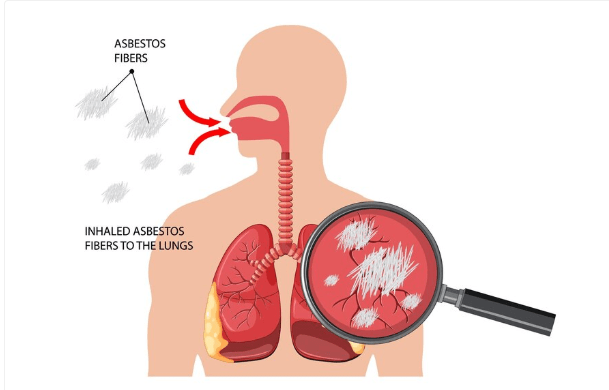One of the most puzzling and emotionally devastating hereditary brain disorders that modern neurology is aware of is Gerstmann-Sträussler-Scheinker disease, or GSS for short. Clinicians describe GSS as a rare prion disease that doesn’t show symptoms right away and frequently goes unnoticed by diagnostics. Rather, it quietly simmers for years, waiting to upend lives with a disconcerting mix of cognitive decline and motor dysfunction. The disease starts slowly, maybe with a small trip on a staircase or a strange stumble on a morning walk. It’s strikingly similar to a slow-burning fuse. Beneath those commonplace accidents, however, is a genetic time bomb that is subtly changing the structure of the brain.
GSS is a type of disorder known as transmissible spongiform encephalopathies (TSEs), which are brought on by mutations in the PRNP gene. Misfolded prion proteins slowly build up in these diseases, corroding neural tissue like rust eats away at steel. The inheritance pattern of GSS is especially distressing because it is autosomal dominant, which means that a single defective gene copy can pass the condition from parent to child. Growing knowledge and improvements in genetic testing in recent years have made it simpler to detect the PRNP mutation before symptoms manifest, giving families a painful sense of foresight.
Prion Disease GSS – Key Information Table (WordPress-Compatible)
| Aspect | Details |
|---|---|
| Disease Name | Gerstmann-Sträussler-Scheinker disease (GSS) |
| Type | Rare, inherited prion disease |
| Genetic Cause | Mutation in PRNP gene (commonly P102L variant) |
| Inheritance Pattern | Autosomal dominant – one mutated gene is enough to trigger the disease |
| Common Age of Onset | Between 35 and 55 years old |
| Early Symptoms | Ataxia, clumsiness, unsteady gait |
| Progressive Symptoms | Dementia, speech difficulties, vision issues, behavioral changes |
| Diagnostic Tools | Family history, clinical observation, and genetic testing |
| Disease Progression | Slowly degenerative; median survival after onset ranges from 2 to 10 years |
| Differentiation from CJD | GSS progresses more slowly and often features more prominent ataxia early on |
| Reference Link | RareDiseases.org – GSS Overview |
It is very evident from looking at the clinical course of GSS how difficult it is to make an accurate diagnosis. It can take years before the true nature of the disease is identified, and it is frequently confused with other neurodegenerative conditions, such as spinocerebellar ataxias or early-onset Alzheimer’s. Coordination issues, like tripping over curbs or losing your balance in the shower, are usually the first symptoms. However, as the illness progresses, these are quickly followed by more concerning symptoms, such as slurred speech, unexpected blurred vision, and memory loss, frequently in upsetting ways.
GSS has been shown to be uncommon and extremely personal through medical case studies and family histories. Routine checkups and casual forgetfulness are shadowed by the fear of inheritance for families with the gene. While some decide to live in ignorance, others choose predictive testing. Marriage plans, parenting choices, and emotional health are all impacted by these existential decisions, which go beyond simple medical ones. GSS has emerged as a particularly complicated case study in the context of genetic counseling, leading ethicists to reevaluate the appropriate ways to manage and communicate inherited neurological conditions.
The noticeably longer course of GSS sets it apart from other prion diseases such as Creutzfeldt-Jakob disease (CJD) or Fatal Familial Insomnia (FFI). GSS usually takes place over a number of years, giving more time but not less tragedy than CJD, which can take a life in less than a year. Initially fully conscious, the patient gradually loses control over their body, mind, and identity. The caregiving burden is greatly increased by this protracted trajectory, which puts family members in situations for which they are rarely equipped. The emotional and physical toll becomes extremely overwhelming, especially in the later stages when dementia, hallucinations, and muscle rigidity begin to set in.
The molecular mechanisms underlying prion misfolding are being actively mapped out by researchers working with organizations such as the National Institute of Neurological Disorders and Stroke (NINDS). Recent studies on anti-prion substances and gene silencing techniques are especially encouraging, despite the fact that there is currently no cure. Researchers are investigating the possibility of stopping the self-propagating cycle that causes neurodegeneration by altering prion replication pathways. Even though it might take years for these findings to be used in clinical settings, the outlook has significantly improved from just ten years ago.
GSS has become a prime example for comprehending more general neurodegenerative patterns in recent talks at rare disease conferences and neuroscience summits. GSS is defining how prion disorders can impact future treatments across multiple domains, much like research on Parkinson’s and ALS is revealing overlapping protein mechanisms. These discoveries are especially helpful in the development of treatments for diseases involving misfolded proteins, such as Huntington’s disease and certain types of dementia.
The GSS story highlights a larger conflict for society: how do we handle inherited knowledge that could ultimately define us? Conditions like GSS raise challenging questions in a time when genetic data is becoming as commonplace as a blood pressure reading. To what extent should we be aware of our futures? How do we get ready for something that might never happen or might happen at any time? These are not only medical questions; they are also deeply human, ethical, and psychological.
GSS highlights the silent struggles many people face in private by drawing comparisons to other hereditary conditions that public figures face, such as Angelina Jolie’s decision to have a preventative double mastectomy because of her BRCA mutation. Although it is rarely recognized in popular discourse, the bravery needed to face one’s genetic destiny merits attention and recognition.
Platforms like the CJD Foundation and NORD have transformed from support groups into lifelines by bringing attention to the lived experiences of GSS patients and their families. They support families through the challenging transition between diagnosis and end-of-life care by providing advocacy, community, and guidance. In addition to increasing awareness, they are advocating for long-term healthcare policies that take into account the particular needs of rare diseases and highly effective research funding allocation through strategic partnerships and public education campaigns.
Rare diseases have gradually established themselves in the public discourse over the past ten years. Previously restricted to medical journals and private research labs, they are now featured in social campaigns, patient documentaries, and even policy discussions. Within this movement, GSS offers a particularly captivating narrative with its distinct fusion of mystery, science, and human vulnerability. Not because it is widespread, but rather because it exemplifies the complexity, suffering, and ultimately transformative potential of genetic medicine.







